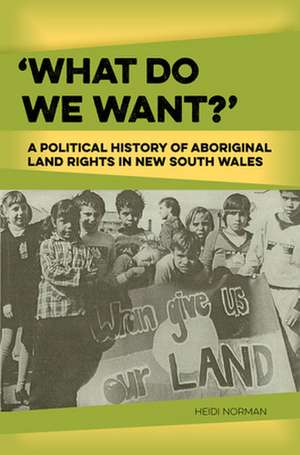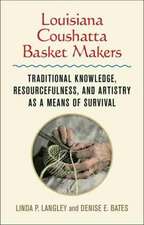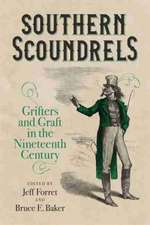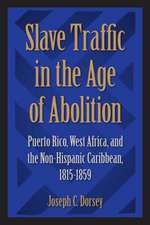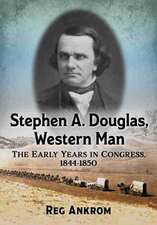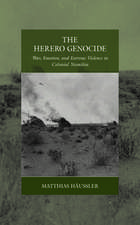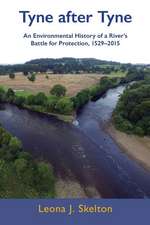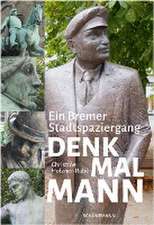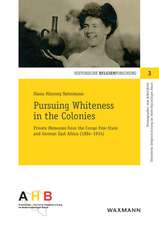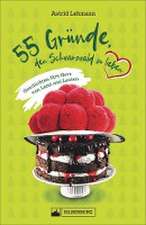What Do We Want?: A Political History of Aboriginal Land Rights in New South Wales
Autor Heidi Normanen Limba Engleză Paperback – mai 2015
Preț: 179.10 lei
Preț vechi: 207.81 lei
-14% Nou
Puncte Express: 269
Preț estimativ în valută:
34.28€ • 35.65$ • 28.30£
34.28€ • 35.65$ • 28.30£
Carte disponibilă
Livrare economică 24 martie-07 aprilie
Preluare comenzi: 021 569.72.76
Specificații
ISBN-13: 9781922059901
ISBN-10: 1922059900
Pagini: 288
Ilustrații: b/w illus
Dimensiuni: 155 x 230 x 15 mm
Greutate: 0.36 kg
Editura: Aboriginal Studies Press
Colecția Aboriginal Studies Press (AUS)
ISBN-10: 1922059900
Pagini: 288
Ilustrații: b/w illus
Dimensiuni: 155 x 230 x 15 mm
Greutate: 0.36 kg
Editura: Aboriginal Studies Press
Colecția Aboriginal Studies Press (AUS)
Recenzii
I look forward to seeing it in print. I think it will make a valuable contribution to the ongoing debate on the tensions and interactions between Aboriginal people and the Statethis book is not only going to be very interesting in its own right but will open up several pathways for further research and analysis. Professor Heather Goodall
